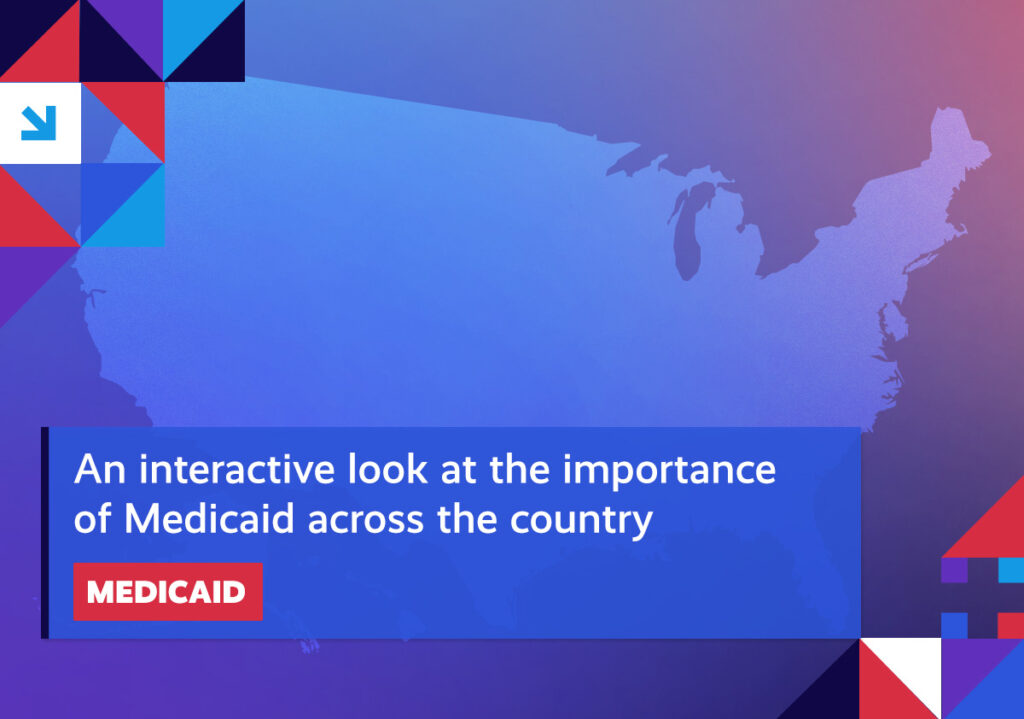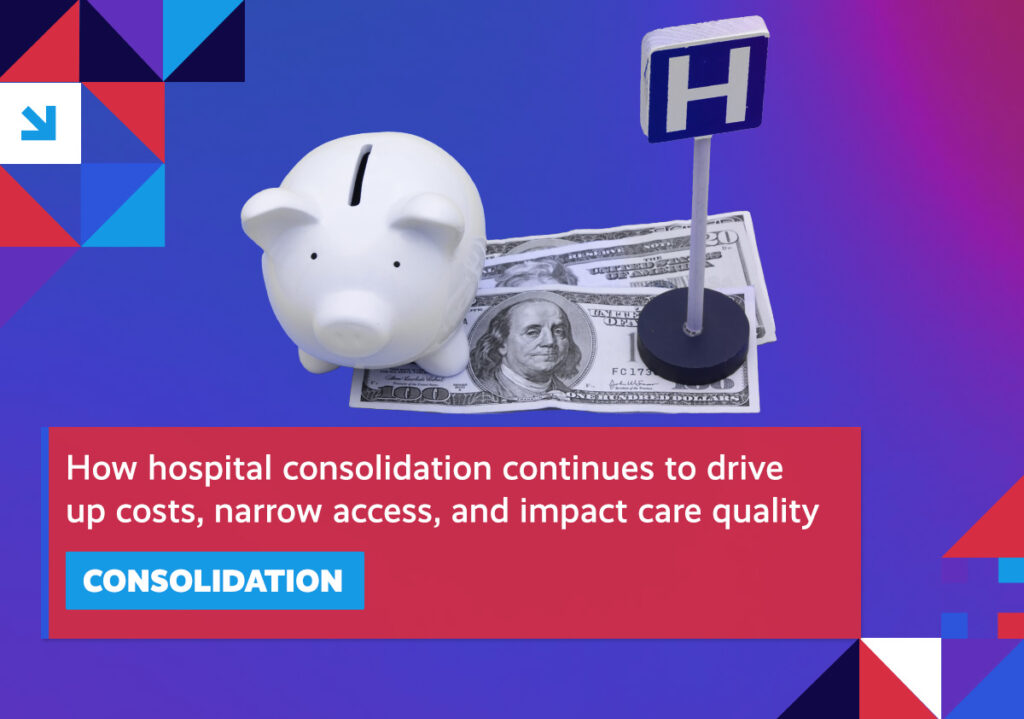A quick roundup of the issues driving the healthcare reform conversation.
Item of the Week

Week in Review
PATENT CRACKDOWN Regulators challenge drugmakers’ patent abuses.
Quick takeaway: The Federal Trade Commission (FTC) announced it was cracking down on patents from drugmakers and medical device manufacturers that stand in the way of generic competition.
Digging deeper: After warning these companies that it would be taking a harder look at their patents, the FTC sent letters to 10 companies last week challenging patent protections on over 100 approved medicines. Such “improper” listings, regulators argued, throw up hurdles to competition in the pharmaceutical industry.
What it means: Stakeholders were quick to applaud the FTC’s announcement, decrying Big Pharma’s historic and institutionalized abuse of the patent system, which was recently estimated to increase healthcare costs by $40 billion in one year alone.
PBM VALUE Employers overwhelmingly value their PBMs.
Quick takeaway: A new survey underscores just how much employers rely on the services and choices provided by their PBMs to keep benefits affordable.
Digging deeper: As Congressional focus continues to zero in on PBMs, the polling comes as an important reminder of the critical role that PBMs play in driving value for employers, consumers, and government programs. Key findings include:
- 89 percent of employers say their PBM is valuable in helping them offer affordable benefits to their employees
- 93 percent of employers say it’s essential to have flexibility and a range of choices in how they offer prescription drug benefits to their employees and that it’s important to protect these options with their PBMs
- 90 percent of employers use the rebates they receive from their PBMs to the benefit of their employees, including lowering spending and enhancing coverage
- 90 percent of employers say their contract with their PBMs is already transparent
What it means: Against this backdrop, unions have also come to the defense of PBMs, with powerful labor groups recently sending a letter to Senate lawmakers urging them to shield employer health plans from PBM legislation, such as proposals mandating new reporting requirements and eliminating critical cost predictability tools, like spread pricing.
MA OUTCOMES Medicare Advantage performs better than traditional Medicare.
Quick takeaway: Compared to seniors enrolled in Fee-for-Service (FFS) Medicare, beneficiaries enrolled in Medicare Advantage (MA) plans have better health outcomes.
Digging deeper: A new study highlights how dramatically MA outperforms FFS in a handful of key areas, with MA beneficiaries experiencing:
- 70 percent fewer readmissions
- 24 percent fewer preventable hospitalizations
- A 21 percent lower rate of inappropriate high-risk medication use
What it means: The data reinforces the value the MA program brings to seniors. This is especially timely with the annual open enrollment period for Medicare now underway.
In addition to delivering better health outcomes, MA plans continue to distinguish themselves from FFS by focusing on social drivers of health, such as food security and isolation.
Spotlight

| You can keep up with the latest by following the Health Action Network on X and by liking us on Facebook. And, be sure to check us out on LinkedIn, too. As always, let us know if there’s something you’d like to see covered in a future newsletter. |
The Health Action Network includes everyday Americans—families, workers, businesses, patients, providers, neighbors, and friends. We are working together because we support market-based solutions that offer better healthcare choices and help build a stronger economy. The Health Action Network is an Elevance Health, Inc., initiative.
